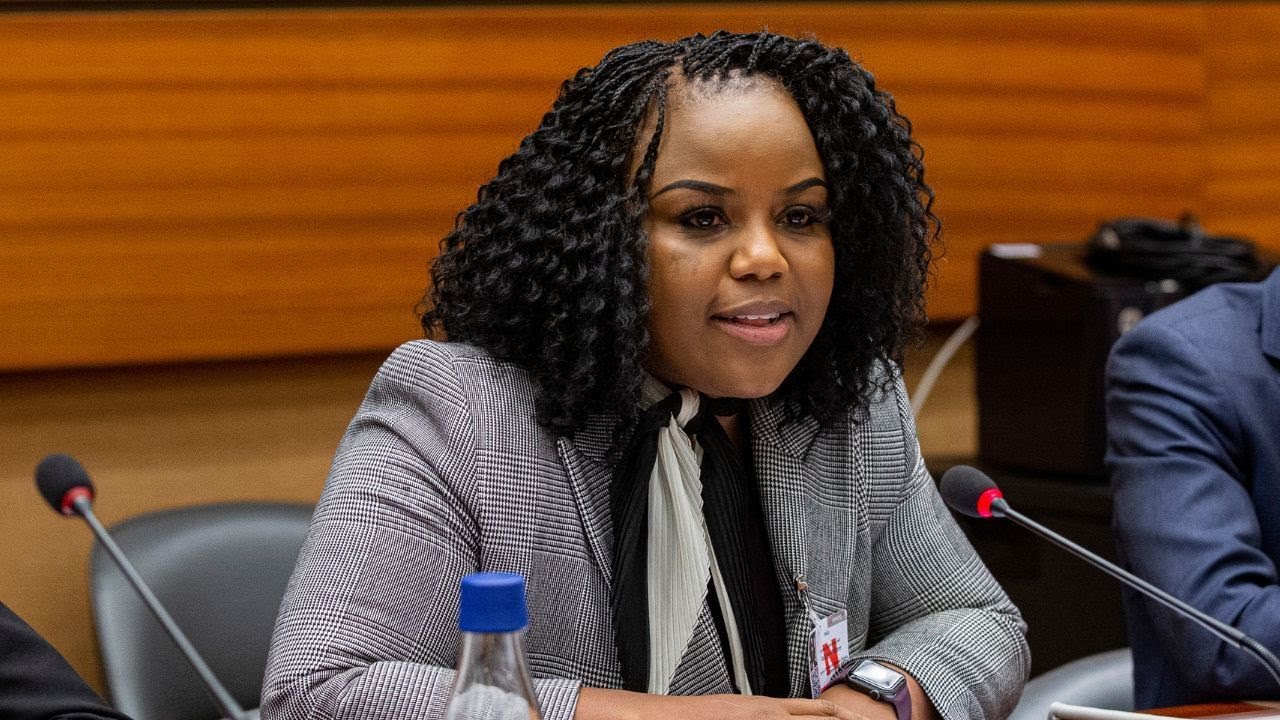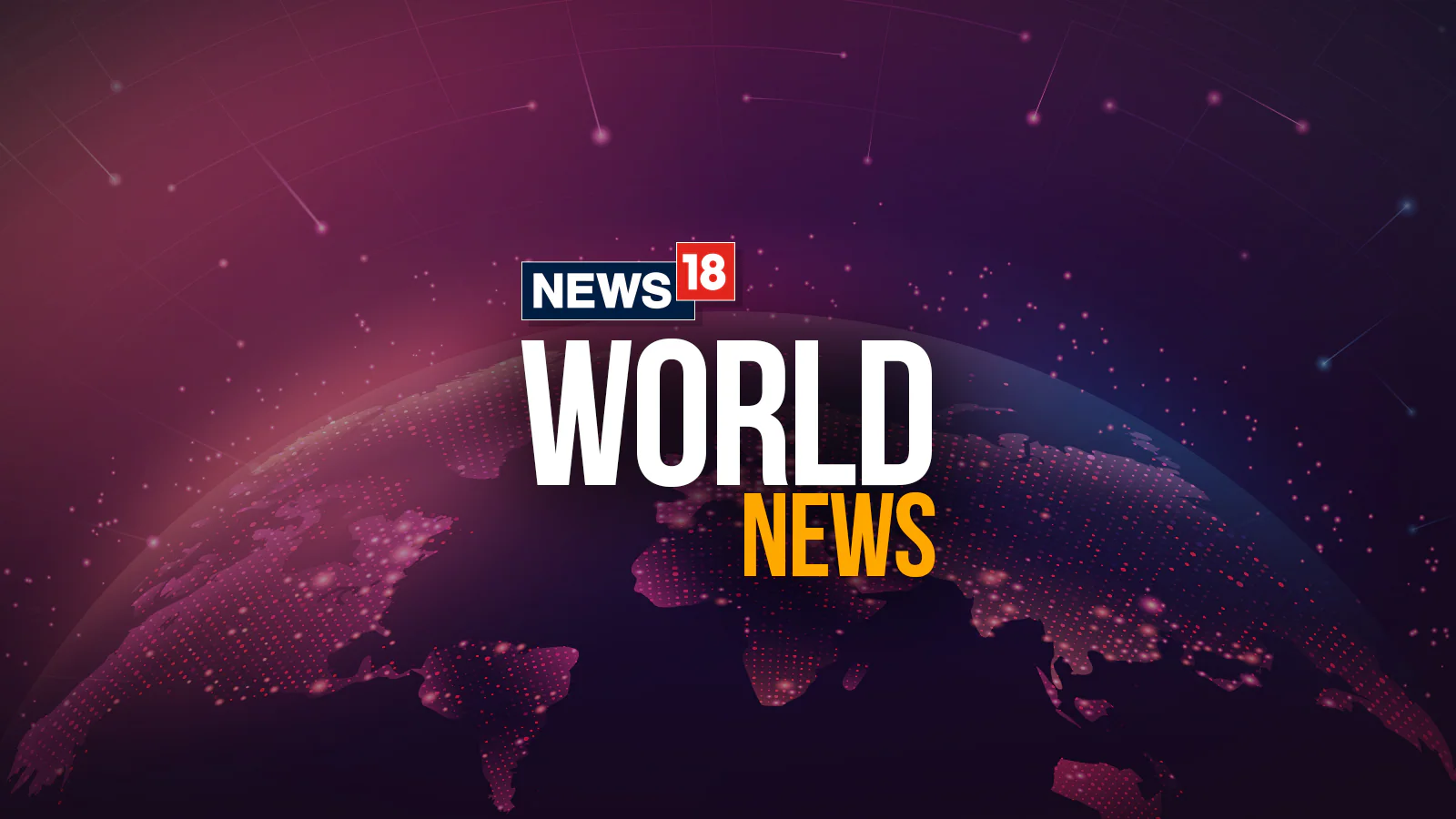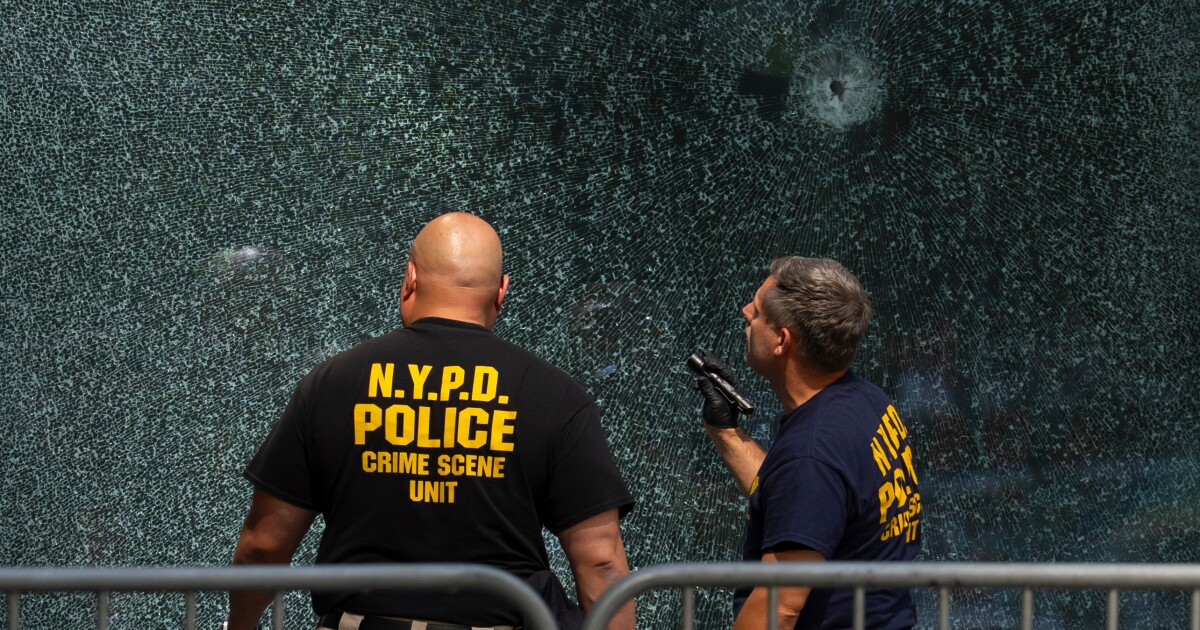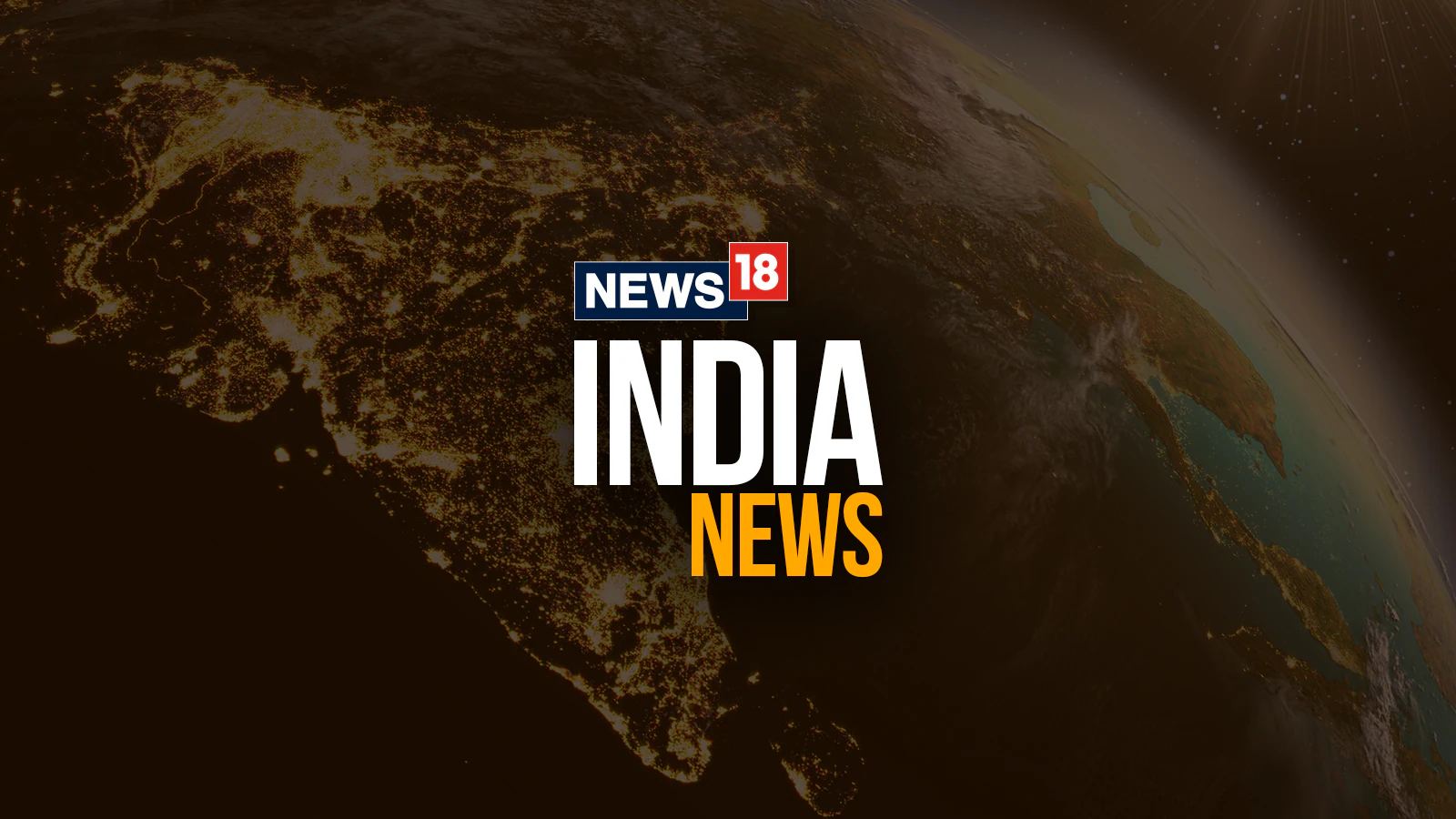Copyright nehandaradio

Few figures in Zimbabwe’s opposition politics evoke as much debate and fascination as Fadzayi Mahere. She’s my personal favourite of all the opposition characters. Lawyer, activist, and former spokesperson of the Citizens Coalition for Change (CCC), Mahere embodies both the promise and the limitations of a new generation of leaders seeking to redefine the political order. Her trajectory illustrates the intersection of intellect, courage, and communication prowess with the stubborn realities of Zimbabwe’s political terrain. To understand her prospects, it is essential to evaluate her core strengths, her vulnerabilities, and the strategic possibilities that may unfold in the 2028 election cycle. Mahere’s professional pedigree is her most obvious asset. With an LLB (Hons) from the University of Zimbabwe and an LLM from the University of Cambridge, she commands intellectual respect in a political landscape often short on formal expertise. Her mastery of constitutional law and her ability to articulate complex legal and governance issues have allowed her to occupy a unique space within opposition politics. She is not merely a politician; she is a legal mind and public intellectual capable of grounding political discourse in principle rather than populism. Her background in law also grants her moral credibility. She speaks with authority on constitutionalism, human rights, and the rule of law – issues that remain central to Zimbabwe’s political struggles. This legal acumen reinforces her public image as a reformist deeply committed to accountability and transparency. In a context where the state often appears to operate beyond constitutional restraint, such grounding is both rare and symbolically powerful. Mahere’s communicative skill is another defining strength. She is a consummate orator and a veritable digital iron lady for her strategic use of social media, capable of connecting with young, urban, educated Zimbabweans who crave a departure from the language of liberation struggle politics. Her articulate critiques of corruption, misgovernance, and gender inequality resonate with citizens who seek modernity, meritocracy, and integrity in leadership. Equally significant is her courage. Her arrests, trials, and repeated confrontations with state repression have demonstrated not only resilience but also a willingness to sacrifice comfort for conviction. This moral fortitude has elevated her status from activist to symbol of resistance. For a population weary of fear, her defiance is inspirational. Yet Mahere’s virtues coexist with limitations that threaten to confine her influence. Her style, while confident and eloquent, can also appear combative and polarising. Critics within and outside the opposition accuse her of excessive confrontation and of mistaking visibility for effectiveness. The very assertiveness that appeals to educated audiences can alienate more traditional or conservative voters who equate assertiveness with arrogance. In Zimbabwe’s political culture, where consensus and patronage still carry weight, rhetorical precision alone does not secure broad legitimacy. Her social media presence, though impressive, occasionally amplifies these weaknesses. At times, her interventions have been perceived as self-promotional or tone-deaf to grassroots realities. This fuels the perception that she belongs to an urban elite disconnected from the day-to-day struggles of ordinary citizens. Politics in Zimbabwe is still largely rural, and online influence rarely translates directly into electoral power. Unless she bridges this divide, Mahere risks remaining a digital celebrity rather than a national leader. A second vulnerability lies in organisational positioning. Her political career has been marked by shifts – from independent activism to joining the Movement for Democratic Change (MDC) under Nelson Chamisa, and later serving as CCC spokesperson. Such fluidity, while perhaps a response to the opposition’s own fragmentation, has nonetheless raised questions about her strategic compass. Within a movement already beset by factionalism and identity crises, maintaining loyalty and continuity is critical. Without a clear base – whether institutional, regional, or demographic – her influence may remain contingent upon the fortunes of others rather than her own. Moreover, Mahere’s 2023 conviction for “communicating falsehoods” has left a mixed legacy. On one hand, it burnished her image as a victim of political persecution. On the other, it allowed opponents to question her judgement and reliability. Zimbabwe’s ruling party has long weaponised legal instruments to discredit dissenters, and Mahere’s case fits within that pattern. Still, optics matter. For some moderates, the line between activist and agitator becomes blurred, and that ambiguity can constrain political growth. The third and perhaps most strategic weakness lies in limited rural penetration. The majority of Zimbabwe’s electorate lives in rural areas where ZANU PF’s patronage networks, traditional authority structures, and resource-based politics dominate. Mahere’s power base, by contrast, is urban and middle-class. Until she establishes tangible roots in rural constituencies – through projects, sustained presence, or alliances – her political ambitions will face structural ceilings. The most damning critique is not that she is corrupt or cowardly, but that she is disconnected. Mount Pleasant, her former constituency, is one of Harare’s wealthier suburbs. Its residents have boreholes, solar panels, and private healthcare. They do not queue for mealie-meal at dawn. They do not bury children for want of $10 in medical fees. Mahere’s political base, both electoral and digital, is overwhelmingly urban, educated, and English-speaking. This is not a sin in itself, but in a country where 70 percent of the population lives in rural areas, and where ZANU PF maintains its grip through patronage, violence, and traditional authority, it is a fatal flaw. Mahere’s short-term prospects depend largely on the fate of the opposition itself. The CCC’s internal fractures and leadership ambiguities have undermined its credibility. In this context, Mahere’s decision to step back from Parliament and re-engage as an independent reform voice might prove strategically sound. She can preserve her moral authority while the party grapples with its internal identity crisis. Over the next two years, her challenge will be to convert this moral capital into organisational leverage. In the medium term, Mahere could become the face of a broader opposition renewal – if she manages to transition from spokesperson to strategist. She possesses the intellectual tools and international visibility to attract reformist funding, diplomatic attention, and youth mobilisation. However, these must be coupled with ground-level infrastructure: constituency offices, rural outreach, and policy platforms that resonate beyond urban frustrations. If she remains confined to commentary without building constituency strength, she risks marginalisation. Zimbabwean politics rewards those who deliver tangible community benefits, not merely articulate grievances. This requires pragmatic coalition-building, local engagement, and patient cultivation of loyalty – all qualities that cannot be achieved through rhetorical prowess alone. In this scenario, Mahere becomes a central figure in a post-CCC opposition coalition. With Nelson Chamisa weakened by internal disunity and leadership fatigue – which prompted him to finally leave the organisation – reformist actors could seek to rebrand the opposition under a new banner. Mahere’s legal background, international respect, and gender diversity could make her an appealing figurehead or deputy leader. Her best role in this alliance would likely be as policy architect or campaign strategist rather than immediate presidential contender. If she consolidates support among technocrats, women’s movements, and urban youth, she could become indispensable to a reformist bloc seeking generational change. However, her success would depend on whether she can reconcile differing egos and ideological positions within the opposition. The Achilles heel of Zimbabwe’s democratic movements has always been disunity. Mahere’s diplomatic skill will therefore be tested: can she persuade older figures to yield space and younger ones to rally behind a collective project rather than personal brands? If she manages that feat, she could emerge as one of the defining leaders of the next decade. Another possibility is that Mahere re-aligns with Chamisa should the CCC survive in some reconstituted form, which would perhaps prompt it to try and capitalise of Chamisa’s political stock by wooing him back as leader. Her historical loyalty and media discipline once made her one of Chamisa’s most trusted lieutenants. If Chamisa therefore somehow returns to the party, and retains his political appeal and structures, Mahere could return as either a vice-presidential candidate or a senior policy director, positioning herself for succession in the long run. The idea of Chamisa returning to lead the CCC in some reconstituted iteration sounds far-fetched today – even grotesque – but it’s not without antecedent in politics the world over. For instance, after the 2005 split between Morgan Tsvangirai’s MDC-T and Welshman Ncube’s MDC, both factions fought bitterly for years. Yet in 2018, after Tsvangirai’s death, Nelson Chamisa managed to reunite many of those factions (including Tendai Biti’s PDP and Ncube’s MDC) under the MDC Alliance banner, largely because the opposition saw his popularity as an electoral asset. So factions fractured by personal or strategic differences can later reunite around a figure with undeniable political stock. After years of military conflict and mutual hostility, ZAPU, led by Joshua Nkomo, rejoined ZANU, forming ZANU PF. Though the motivations were different (national stability and state pressure), the underlying logic – absorbing or reuniting with a once-rival political figure to consolidate legitimacy and power – is similar. In Kenya Raila Odinga and Kalonzo Musyoka went down the same path. Kalonzo broke away from Odinga in 2007 to form Wiper, only to later reunite with Odinga in successive alliances whenever it became clear that Odinga’s base was electorally indispensable. Yet this path carries risks for Mahere. Remaining tethered to Chamisa may constrain her autonomy and expose her to the same criticisms of indecision and organisational weakness that have plagued his leadership. Unless there is internal reform, she may find herself repeating the cycle of opposition ineffectiveness – eloquent in critique but powerless in execution. A more daring but potentially rewarding route would be for Mahere to construct an independent civic-political movement centred on constitutionalism, anti-corruption, and women’s leadership. By appealing to Zimbabwe’s expanding professional class, diaspora, and disillusioned youth, she could craft a centrist reform agenda distinct from both ZANU PF’s nationalism and the CCC’s populism. This approach would demand exceptional fundraising, coalition-building, and personal stamina. It could, however, resonate with the international community eager to support credible democratic actors without the baggage of older opposition institutions. The danger is that without an extensive field structure, such a platform could remain aspirational rather than electoral. Still, even a small but well-organised movement could hold balance-of-power influence in future coalitions. There is also the possibility that Mahere chooses to step back from direct electoral politics and instead influence governance through civil society, international organisations, or future transitional structures. Many technocrats in post-authoritarian settings have built credibility outside formal party systems before re-entering politics in reformed environments. Should Zimbabwe experience significant political change between 2025 and 2028 – whether through generational turnover or negotiated transition – Mahere’s technocratic and legal experience could position her for senior government or diplomatic roles. To remain politically viable, Mahere must pursue three interconnected strategies. First, she must broaden her constituency. The urban youth demographic is important but insufficient. She needs tangible presence in rural communities through advocacy for service delivery, education, and women’s empowerment. Partnerships with church networks, women’s cooperatives, and civic associations could serve as conduits for rural engagement. Second, she must strengthen organisational machinery. Leadership is sustained by systems, not charisma. Failure to understand this partly explains Chamisa’s current malaise. Mahere will need trusted organisers, a clear policy platform, and sustained funding streams. Without this infrastructure, her influence will remain media-based and ephemeral. Third, she must balance idealism with pragmatism. The rule-of-law and governance narratives that define her brand are powerful but must be linked to bread-and-butter issues. Zimbabwe’s voters respond to tangible promises – jobs, prices, healthcare, and infrastructure. Integrating these into her constitutionalist vision would transform her from an activist into a stateswoman. Fadzayi Mahere stands at a crossroads between symbolism and substance. She represents the intellectual refinement and moral courage that Zimbabwe desperately needs, yet her success will depend on translating those virtues into structures that can contest power. In the next three years, her challenge is not simply to speak truth to power but to organise truth into power. If she can master the art of coalition-building and expand her base beyond the digital echo chamber, she could emerge as one of the architects of Zimbabwe’s next democratic chapter. If not, she risks being remembered as another eloquent reformer outmanoeuvred by the machinery of old politics. Zimbabwe’s future will test whether brilliance and integrity can finally triumph over entrenched patronage. Fadzayi Mahere remains one of the few figures who might yet prove that they can.



